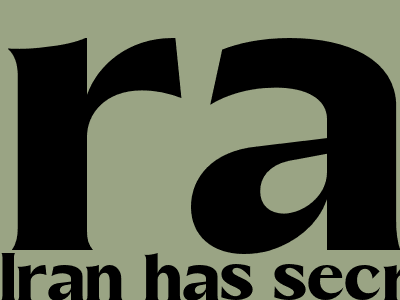
Iran's Secret Supreme Leader Election Amid Khamenei's Abdication Plans
Khamenei's Health Concerns and Succession Plans
Iran's Supreme Leader, Ayatollah Ali Khamenei, has reportedly been secretly elected by the Assembly of Experts, indicating his plans to abdicate due to health concerns. This development marks a significant shift in the country's power dynamics, as Khamenei has held the position since 1989.
Assembly of Experts' Role and Ebrahim Raisi's Potential Role
The Assembly of Experts is responsible for selecting and monitoring the Supreme Leader, who holds significant political and religious authority in Iran. According to reports, the Assembly has chosen Ebrahim Raisi, the current president, as Khamenei's successor. Raisi is a conservative figure and a close ally of the Supreme Leader.
Implications for Iran's Future
The election of a new Supreme Leader has far-reaching implications for Iran's future. Raisi's conservative views may lead to a shift in the country's policies, potentially affecting issues such as nuclear negotiations, relations with the West, and domestic human rights. Additionally, the transition of power could create uncertainties and potential power struggles within the Iranian regime.
Health Status of Khamenei and Potential Timeline for Abdication
Khamenei has been in poor health for some time, suffering from prostate cancer and other ailments. Despite his health issues, he has remained in power and maintained an active role in Iran's affairs. The exact timeline for his abdication is unclear, but sources suggest it could happen within the next few months.
Regional and Global Impact
The change in Iran's leadership is likely to have regional and global repercussions. Neighboring countries, including Saudi Arabia and Turkey, will closely monitor the transition and its impact on their own policies. The United States and other Western powers will also be watching the developments closely, as Iran's Supreme Leader plays a pivotal role in shaping the country's foreign policy and nuclear program.